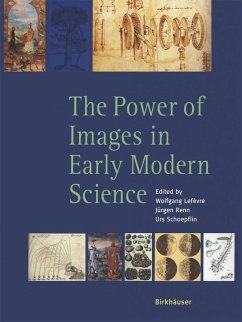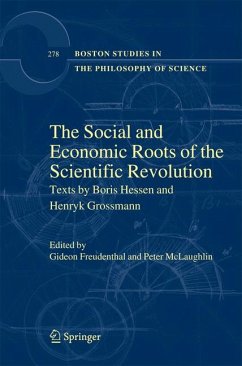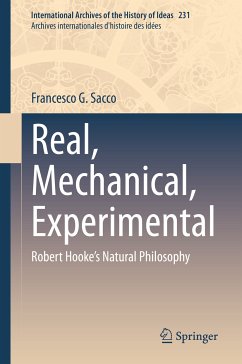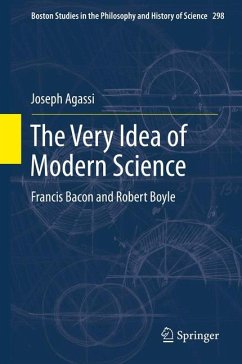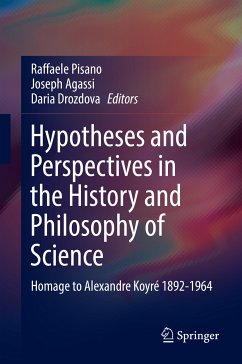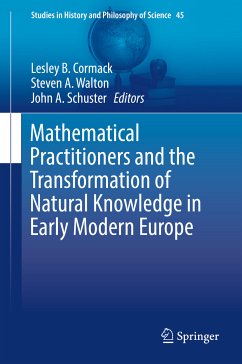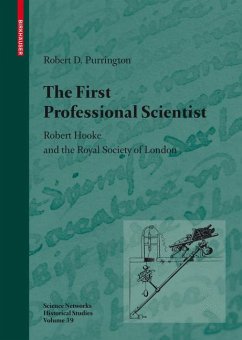
The First Professional Scientist (eBook, PDF)
Robert Hooke and the Royal Society of London
Versandkostenfrei!
Sofort per Download lieferbar
Statt: 53,49 €**
40,95 €
inkl. MwSt.
**Preis der gedruckten Ausgabe (Gebundenes Buch)
Alle Infos zum eBook verschenkenWeitere Ausgaben:

PAYBACK Punkte
20 °P sammeln!
A contemporary of Christopher Wren, Robert Boyle, and Isaac Newton, and close friend of all but Newton, Robert Hooke (1635-1703), one of the founders of the early scientific revolution, faded into almost complete obscurity after his death and remained there for nearly three centuries. The result has been that his role in the scientific revolution has been almost totally ignored. He was the first professional scientist worthy of the name, working for the young Royal Society of London as its curator of experiments for four decades. He became the Society's intellectual center, and for a while its...
A contemporary of Christopher Wren, Robert Boyle, and Isaac Newton, and close friend of all but Newton, Robert Hooke (1635-1703), one of the founders of the early scientific revolution, faded into almost complete obscurity after his death and remained there for nearly three centuries. The result has been that his role in the scientific revolution has been almost totally ignored. He was the first professional scientist worthy of the name, working for the young Royal Society of London as its curator of experiments for four decades. He became the Society's intellectual center, and for a while its Secretary, roles which led to confrontation with Newton. He made important contributions to pneumatics, mechanics, microscopy, astronomy, and geology, and was partner to Wren in rebuilding London after the Fire.
Dieser Download kann aus rechtlichen Gründen nur mit Rechnungsadresse in A, B, BG, CY, CZ, D, DK, EW, E, FIN, F, GR, HR, H, IRL, I, LT, L, LR, M, NL, PL, P, R, S, SLO, SK ausgeliefert werden.



